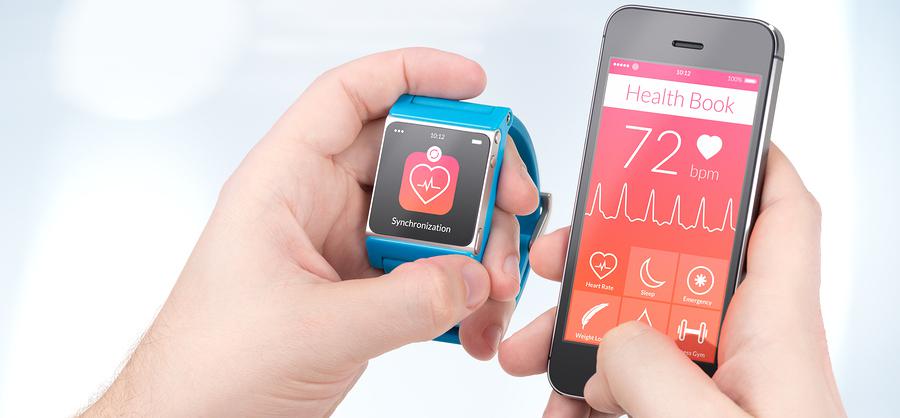Digital health funding declines for the third year in a row
AI-enabled digital health startups raised $3.7B, 37% of total funding for the sector
Read more... The most immediate and obvious impact of the pandemic on the healthcare system was the rise in digital health and connected health technologies, which rose out of necessity. Suddenly, almost overnight, telemedicine and virtual care were the norm, and entrepreneurs followed suit: there are now over 300,000 health-related applications available for download, including apps to help track and improve health in areas like diet, fitness, weight loss, heart health, and brain games.
The most immediate and obvious impact of the pandemic on the healthcare system was the rise in digital health and connected health technologies, which rose out of necessity. Suddenly, almost overnight, telemedicine and virtual care were the norm, and entrepreneurs followed suit: there are now over 300,000 health-related applications available for download, including apps to help track and improve health in areas like diet, fitness, weight loss, heart health, and brain games.
The not insignificant question going forward, though, is how the consumer feels about this; there are so many of these apps that it would be easy to see people getting overwhelmed. So far, though, they mostly like it, but with caveats, specifically around data and privacy, according to a survey from non-profit organization Trusted Future.
The survey, which included 2,414 Americans, found that 58% rated the fact that there are all of these apps to download as being positive; that's the good news for digital health companies. The bad news is that 80% of respondents also expressed concern about their private data being sold without their consent. They are also worried about it being shared with others without permission, or being lost or stolen and then showing up in public.
This tracks with another recent poll around healthcare data, which found that most Americans wouldn't share their personal information, even it could be used to prevent another pandemic.
When asked what data they would with a national database to prevent another public health emergency, 47% said they'd give up vital signs and health stats, as well as personal information, while 43% would share health records, and 41% would share nutrition and lifestyle information.
The data people seem to be more protective of are data from wearables and fitness devices, as well as genetic data, with 32% and 28% saying they'd share these, respectively. 12%, meanwhile, said they'd share no data at all, a small, but not insignificant, percentage.
It's not a hopeless situation, though, and there are steps that digital health companies take to get people to trust them, including 59% in the Trusted Future poll who said they would have more trust if the app needed explicit consent to collect and sell location and other sensitive information.
Another 52% said they would be more likely to trust health technologies if their personal data is backed up in an encrypted way, and the same percentage are also relying on the government to do their part, saying they want policymakers to reject any effort to weaken strong encryption.
"Consumers see connected health technologies as beneficial and believe they can have positive impacts for society by expanding access to healthcare and drastically improving health outcomes, but high in their minds is whether they can trust them. They need to be able to trust that these incredible technologies are not just effective and affordable, but that they are designed to protect their privacy and data security," Ken Gude, Executive Director of Trusted Future, said in a statement.
"Even though we are still in the early stages of connected health technology, consumers see the impact, believe in the potential, and want policymakers to support comprehensive privacy protections and strong encryption to build trust in their adoption."
(Image source: dignityhealth.org)
AI-enabled digital health startups raised $3.7B, 37% of total funding for the sector
Read more...OXcan combines proteomics and artificial intelligence for early detection
Read more...Nearly $265B in claims are denied every year because of the way they're coded
Read more...